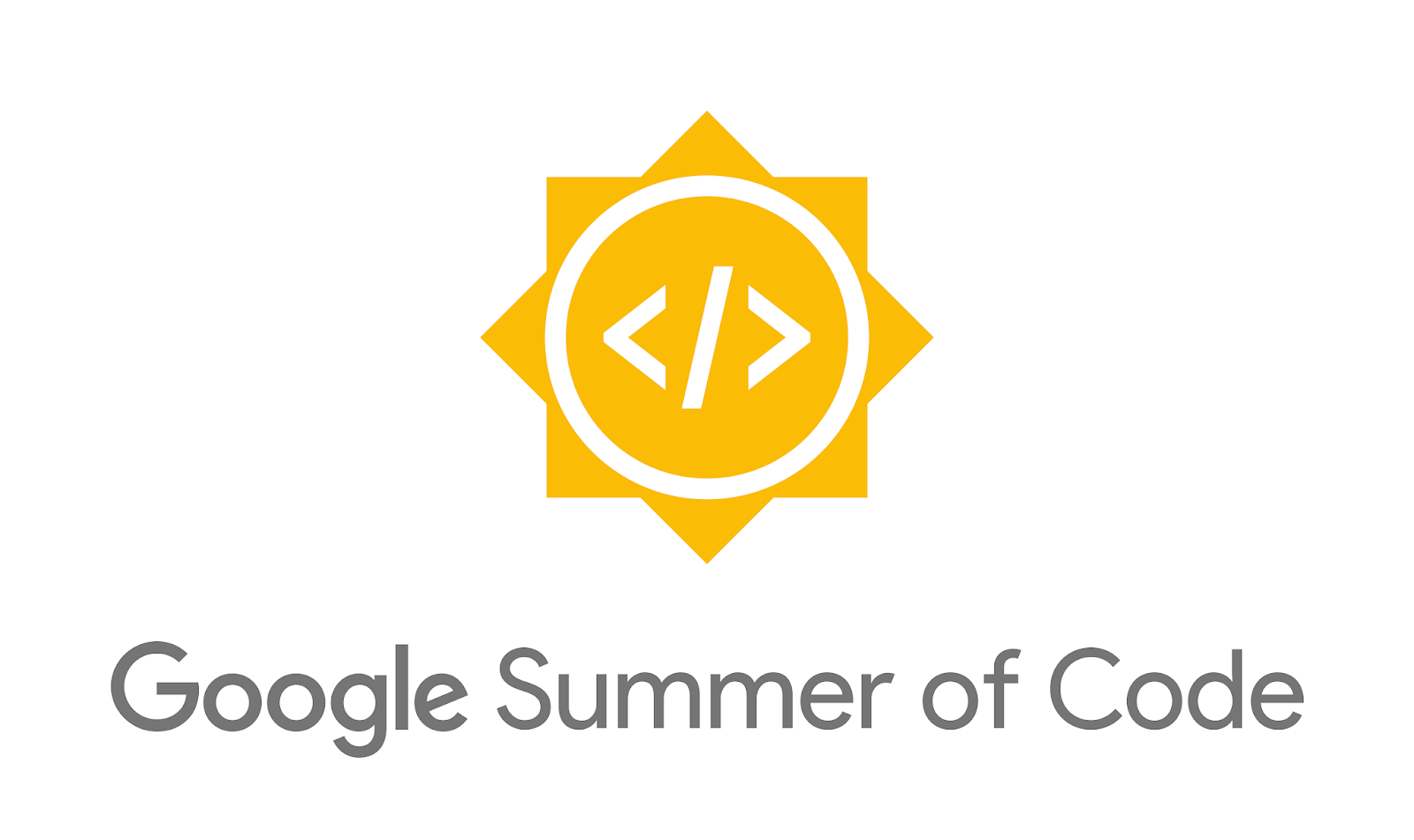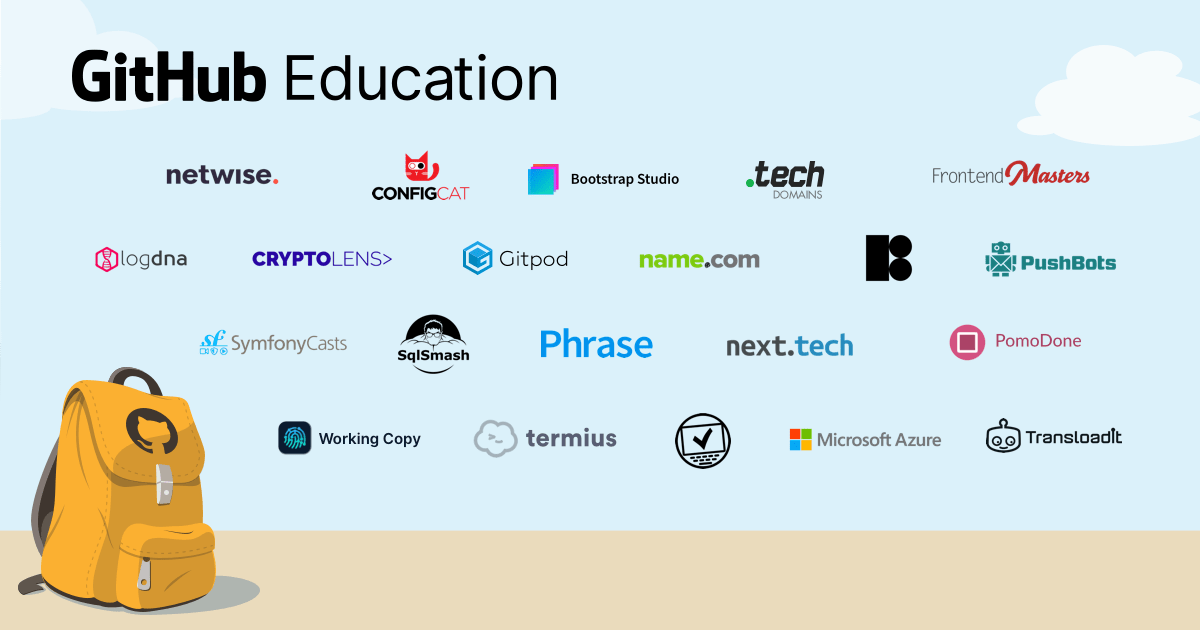How to Get Started in Open Source: A Guide for Beginners
For beginners looking to dive into the world of open source, the journey may seem daunting.
Open-source software has revolutionised the world of technology, empowering collaboration, and innovation across the globe. For beginners looking to dive into the world of open source, the journey may seem daunting. However, with the right guidance and approach, getting started can be both rewarding and enlightening. In this article, we'll explore how you can embark on your open-source journey, discover open-source programs for students, and find good first issues to contribute to. Additionally, we'll discuss some best practices for successful open-source development.
Getting Started in Open Source:
Understanding the Basics: Before diving into the world of open source, familiarize yourself with the core concepts and principles. Open-source software is freely available for anyone to use, modify, and distribute. Explore popular open-source licenses like MIT, Apache, and GNU to understand the terms of use and distribution.
Choose a Programming Language: Select a programming language you're comfortable with or eager to learn. Common languages in open source include Python, JavaScript, Java, and C++. Familiarity with the language will ease your entry into the open-source community.
Find Open Source Projects: Explore popular platforms like GitHub, GitLab, and Bitbucket to find open-source projects that align with your interests. Look for projects with active communities, well-maintained repositories, and beginner-friendly labels for first-time contributors.
Open-Source Programs for Students:
Google Summer of Code (GSoC): GSoC is a prestigious program that offers students stipends to work on open-source projects during summer breaks. Participating in GSoC provides an excellent opportunity to learn from experienced mentors and contribute significantly to various open-source organisations.

Outreachy: Outreachy is a program that organizes three-month paid internships with free and open-source software projects for people who are typically underrepresented in those projects. The program is organized by the Software Freedom Conservancy and was formally organized by The GNOME Project and the GNOME Foundation

GirlScript Summer of Code: GirlScript Summer of Code- It is a 3-month program (competition) to help beginners in open-source programming.

Finding Good First Issues:
Explore "Good First Issue" Tags: Many open-source projects label issues as "good first issue" or "beginner-friendly" to help newcomers start contributing. Look for these tags in issue repositories to identify tasks that suit your skill level.
Use Websites and Tools: Platforms like First Timers Only, Up For Grabs, and CodeTriage curate lists of beginner-friendly issues from various open-source projects. These websites streamline the process of finding suitable tasks for newcomers.

Best Practices for Open-Source Development:
Read and Understand Codebase: Before contributing, spend time understanding the project's codebase and documentation. Familiarizing yourself with existing code and project conventions will enable you to make meaningful contributions.
Communicate and Engage: Interact with the project community through mailing lists, forums, or chat platforms. Ask questions, seek guidance, and share your progress. Building relationships with other contributors can be beneficial in your open-source journey.
Start Small and Incremental: Begin with smaller tasks to gain confidence and gradually tackle more complex issues. Consistent contributions, no matter how small, demonstrate your dedication and commitment to the project.
Follow Coding Guidelines: Adhere to the project's coding guidelines and maintain a consistent code style. This ensures that your contributions align seamlessly with the existing codebase.
Test and Review: Always test your changes thoroughly before submitting pull requests. Additionally, review and test the code of other contributors, helping maintain high-quality code.
Respect Feedback and Reviews: Be open to feedback and reviews from other contributors and maintainers. Take constructive criticism positively and use it to improve your skills and code quality.
Bonus
GitHub Education Pack

GitHub Education offers various programs, including the GitHub Student Developer Pack. It provides students with free access to several tools and resources, making it easier to contribute to open-source projects.
Conclusion:
Getting started in open source can be an enriching experience for beginners. Embrace the open-source ethos of collaboration, innovation, and knowledge-sharing. Participate in open-source programs for students, explore good first issues, and follow best practices for successful open-source development. Remember, every contribution, no matter how small, adds value to the community and fosters a culture of inclusivity and growth in the world of open source. Happy contributing!
